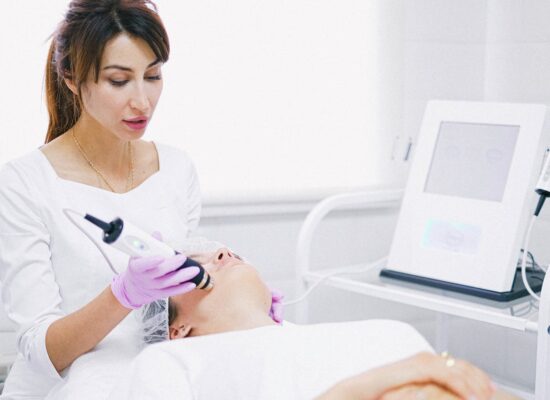It’s the holiday season, which means lots of family time, and lots of eating. A question that gets brought up often with dermatologists and the like is if what you consume (food) affects your skin. In other words, can eating certain types of food cause break outs, acne, or prolonged damage to skin?
It’s a great question, and we wanted to take time this month to break it down and answer it.
The science-based facts
To cut to the chase, scientists are still looking for strong connections between what you eat, and breakouts/skin-related issues. While there are correlations, the question is an ongoing one.
One thing that we know for sure is that a diet consisting of poor nutrition can cause breakouts (acne, pimples, and the like).
What food has a higher chance of impacting skin?
Of course, some foods are less nutritious than others. It’s worth noting which types of food can bring about skin issues. Typically, foods that are high in carbohydrates and sugar tend to make acne and breakouts flare up more often. For example:
- Cookies
- Chips
- Pop (Pepsi, Sprite, etc.)
- White bread
- Pasta
What about greasy foods?
A common misconception is that greasy foods cause acne. In fact, it isn’t consuming the foods that cause breakouts, but rather being around them that does. For example, if you are a chef and make burgers often, you are around oil particulars more than the average human. In this instance you have a higher chance of breaking out, and should always be sure to wash your face right after work or on breaks.
Are there any foods that can prevent breakouts?
While no food can 100% stop breakouts, there is a type of food that can encourage healthier skin. You can probably guess it! Vegetables and fruit. Eating more fruit and more vegetables can encourage healthier skin which improves your natural glow all around.
For more information on skin health visit our blog or contact your local dermatologist today.




